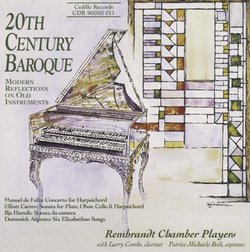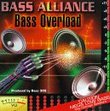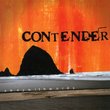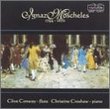Album DescriptionThe Rembrandt Chamber Players perform 20th-century works for Baroque ensemble and harpsichord on their debut recording with Cedille Records. They perform four exemplary works from different genres of the modern harpsichord repertoire, including two by living American composers. Minnesota-based Dominick Argento's "Six Elizabethan Songs" are sophisticated and varied setting of 17th-century English texts (reprinted in the program notes). "In the pantheon of American composers Argento occupies a distinct individual category, outside any certifiable modernistic trend or technical idiom," writes Nicolas Slonimsky in Baker's Biographical Dictionary (1992). "He writes melodious music in a harmonious treatment . . . Audiences, and an increasing number of sophisticated critics, profess their admiration for his unusual songfulness." Elliott Carter's adventurous Sonata for Flute, Oboe, Cello, and Harpsichord, with its delicate dissonances, explores new harpsichord tone colors. As noted in The New Oxford Companion to Music (1983), "the [harpsichord's] expressive peculiarities fit the views of some of those who desire to avoid artificial inflection and who seek the level surface, so to speak, of its limited dynamic range." Czech pianist and composer Ilja Hurnik's music is "marked with impressionistic flavor, while retaining a classical format" (Baker's, 1992). His Sonata da camera recalls the period that spawned the instrumentation assembled for this recording. Manuel de Falla's Concerto for Harpsichord, Flute, Oboe, Clarinet, Violin, and Cello, a seminal work commissioned by Polish harpsichord virtuoso Wanda Landowska, is one of the most important contributions to the harpsichord's revival. Spanish-music authority Gilbert Chase considers it Falla's masterpiece and the most complete embodiment of the "eternal essence" of Spain. "The keyboard style ... reveals in the classical lucidity of its writing a certain kinship with Domenico Scarlatti" (Baker's, 1992). The Rembrandt ensemble has performed all the works in concert except the Falla: they fell that the concerto's dense textures obscure the harpsichord in live performance, whereas a more even balance is achievable in the recording studio.


 Track Listings (16) - Disc #1
Track Listings (16) - Disc #1

